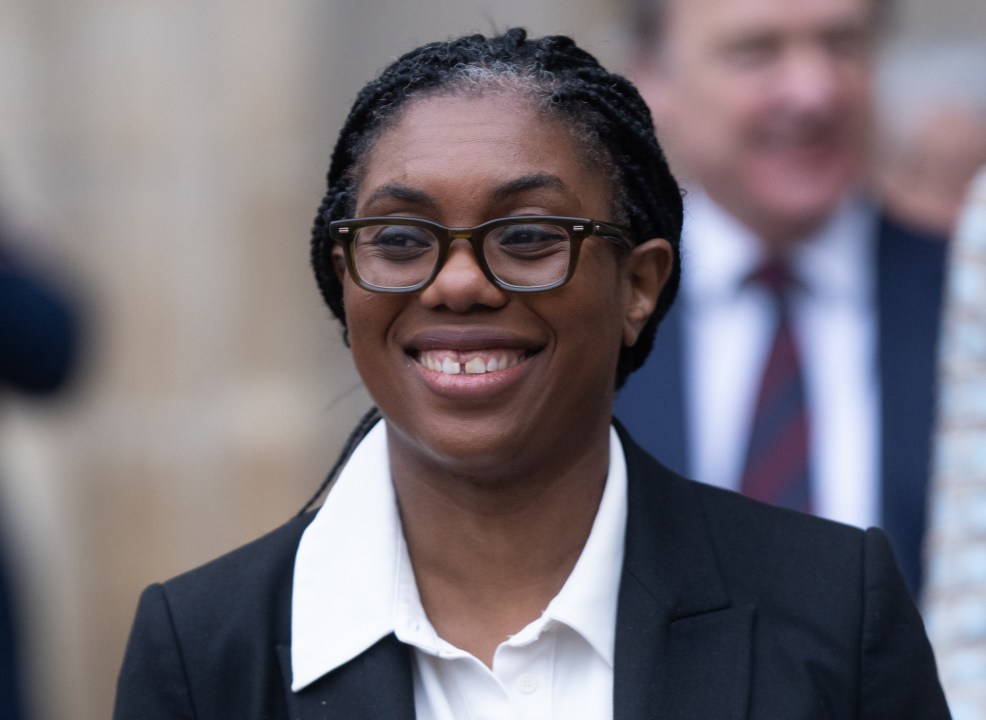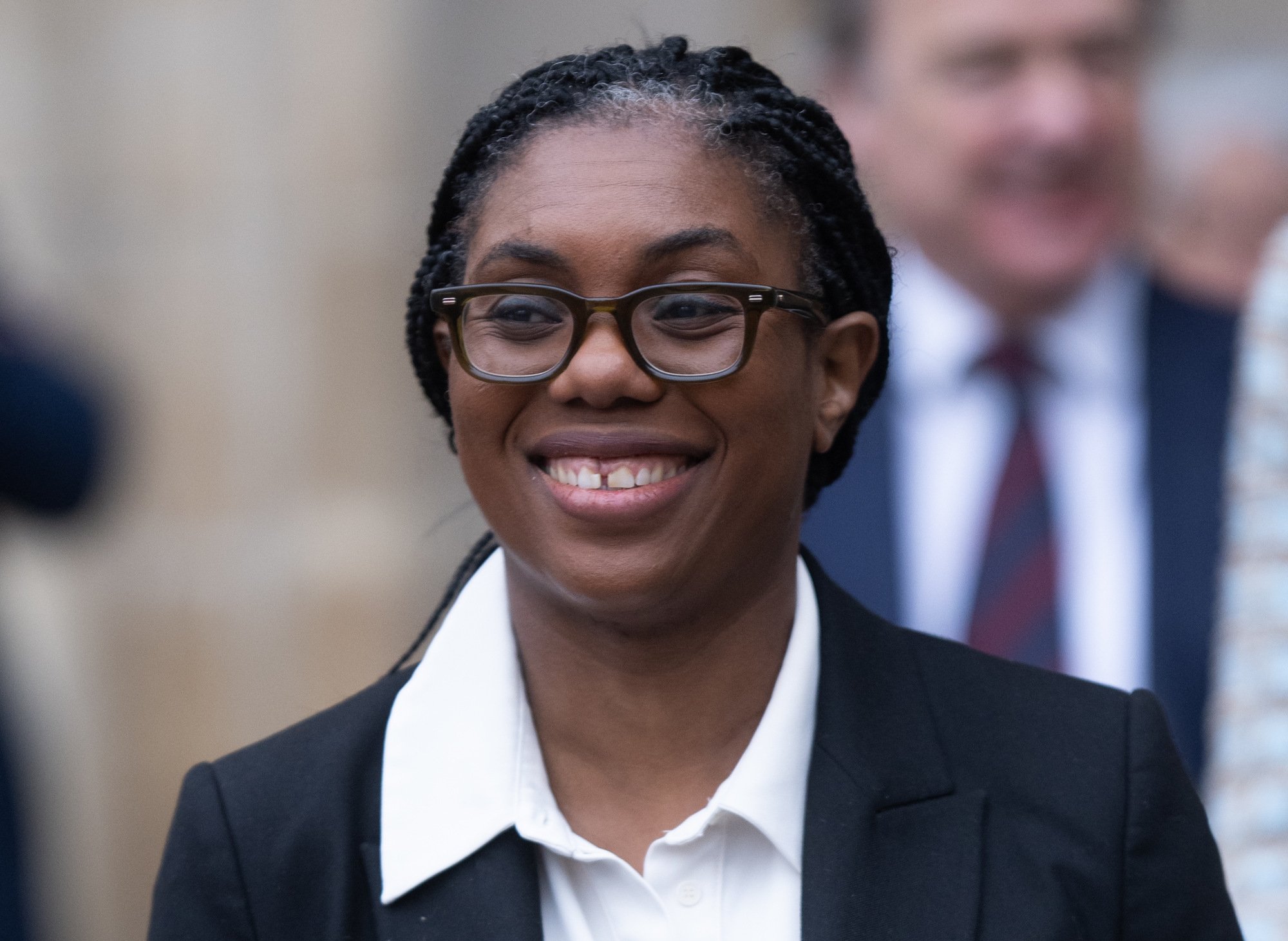Watching Kemi Badenoch being interviewed this morning on the BBC, I couldn’t help but think of one of the public shamings during the Chinese Cultural Revolution: confess your crime, woman who refuses to watch Adolescence.
Breakfast hosts Charlie Stayt and Naga Munchetty asked the Conservative leader whether she had finally watched the Netflix drama about a teenage boy who kills a classmate, which has now been adopted as a sort of sacred artefact by much of the left. It has even been the subject of a Downing Street summit, during which the prime minister suggested that it be shown by every school in the country.
Their question followed Mrs Badenoch telling LBC presenter Nick Ferrari last week that she hadn’t seen the programme – which was, he then suggested, ‘almost a dereliction of duty’.
Cue what seemed like the entire left media and political establishment exploding with outrage that she had not watched it. James O’Brien, a phone in host who specialises in a sort of unthinking outrage, told listeners that:
‘The idea that you could have got to today, if you were in any way concerned with public conversation, if you were in any way invested in the national conversation, or public discourse… If you were in any way connected to it, invested in it, dependent upon it for your livelihood… the idea that you would have swerved this programme is unthinkable… It’s not just the ignorance and the sort of blithe arrogance that’s offensive, it’s the revelling in it.’
You might think Mr O’Brien would have had difficulty keeping a straight face but he delivered this rant with what appeared to be genuine anger that the leader of the opposition hasn’t watched a Netflix drama.
A week on and, in response to Stayt and Munchetty asking if she had seen it yet, Badenoch told her BBC cultural commissars, ‘No I haven’t. I probably won’t. It’s a film on Netflix, and most of my time right now is spent visiting the country.’
But, but, but…Ms Munchetty seemed unable to grasp that this was even possible: ‘Why would you not want to know what people are talking about?’
To which Mrs Badenoch replied, rather wonderfully: ‘I think that those are all important issues, and those are issues that I’ve been talking about for a long time. But in the same way that I don’t need to watch Casualty to know what’s going on in the NHS, I don’t need to watch a specific Netflix drama to understand what’s going on.’
It’s easy to dismiss this as a rather bonkers row that doesn’t really matter in the real world, away from the TV and radio studios. But the premise behind the idea that Mrs Badenoch is somehow unfit for her job because she hasn’t watched Adolescence is revealing about the state of modern political debate – or rather of the broadcast media’s coverage of it.
‘Why would you not want to know what people are talking about?’ is about as idiotic, yet typical, a question as has ever been asked.
When Munchetty next interviews Sir Keir Starmer, will she ask him why he doesn’t watch – I am making an assumption here – Strictly Come Dancing? It has far more viewers than Adolescence, after all, and people talk about it a lot. Why does he refuse to know what people are taking about? Who does he think he is? The arrogance of the man.
What people are also talking about, and what Mrs Badenoch wants to talk about, is crime – real crime that happens to real people. But for Nick Ferrari, for James O’Brien, for Charlie Stayt and for Naga Munchetty – and whoever else has jumped on the bandwagon – what really matters is a fictional crime committed by a fictional character at a fictional school. How perfectly emblematic of our times.







Comments